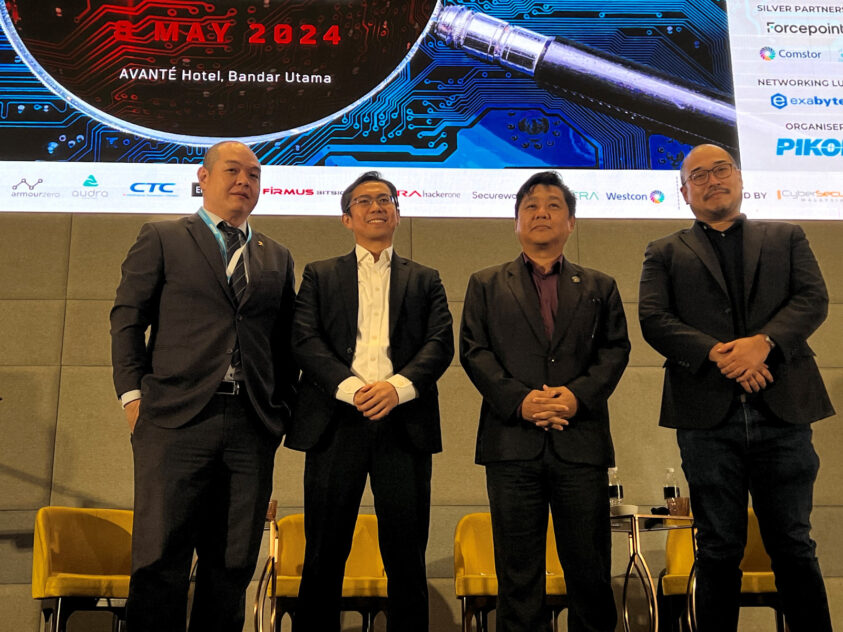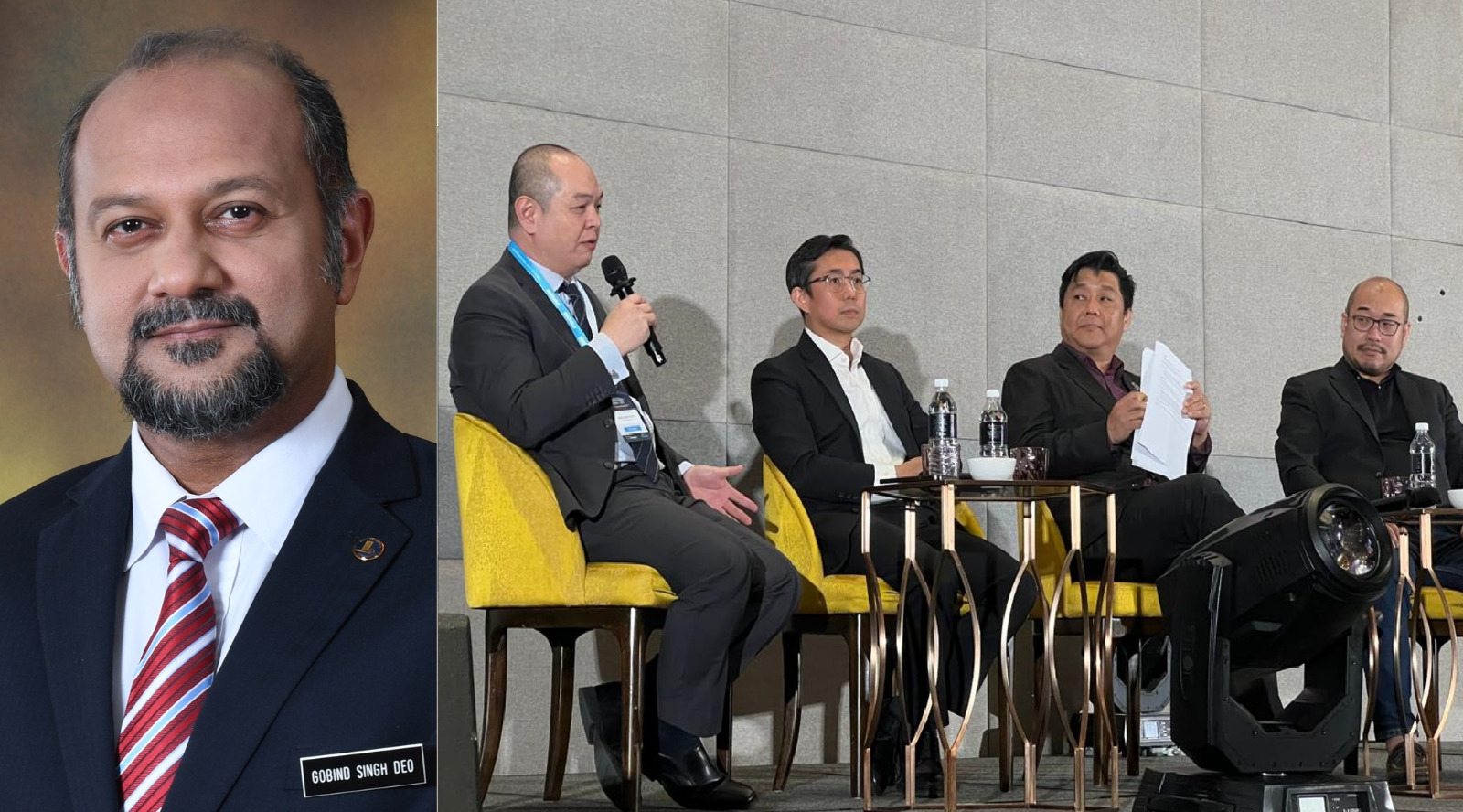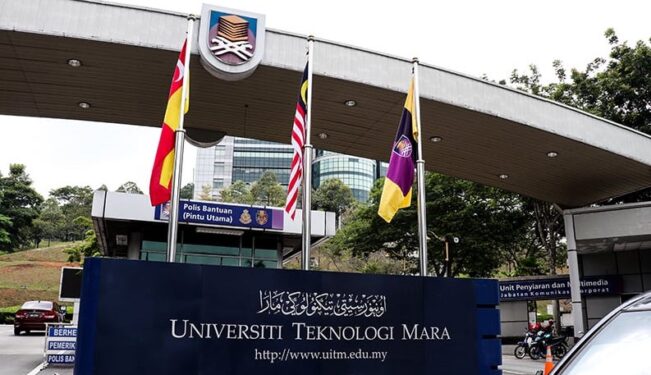THE introduction of the National Cybersecurity Bill by Digital Minister Gobind Singh Deo last month marks a significant shift in the country’s approach to digital security and is set to drive higher demand for cyber insurance.
The Bill’s implementation has prompted local organisations to reassess their cybersecurity measures and recognise the financial impact of cyber incidents, according to LGMS Bhd executive chairman Fong Choong Fook.
“As the Bill grants the National Cyber Security Agency (NACSA) enhanced regulatory and enforcement powers, businesses are beginning to seek additional protections against the increasing sophistication of cyber threats,” he told FocusM.
“With the legislation aimed at plugging existing legal loopholes and streamlining cyber defence mechanisms, companies across various sectors could see cyber insurance as an essential safeguard in a newly fortified regulatory environment.”

Cyber insurance – also known as cyber liability insurance – are policies that organisations can secure to mitigate the risks linked to online activities. It primarily protects an organisation’s liability for a data breach that occurs due to a cybersecurity incident, covering most associated damages.
Given this growing demand for cyber insurance, LGMS will be introducing a cyber insurance solution to be bundled with its upcoming StarSentry product launch for SMEs which is scheduled to be launched by Digital Minister Gobind and NACSA next month.
Fong noted that the upcoming collaboration is “with one of the world’s leading insurance groups with a strong presence in Malaysia”.
Bill is timely
On the StarSentry initiative, he said it is aimed at revolutionising the cybersecurity landscape domestically before it is exported regionally and internationally. “StarSentry serves as a comprehensive cybersecurity solution conceived from rigorous R&D and designed for user accessibility,” Fong reckoned.
International collaborations for this Made-in-Malaysia solution include Dell. This partnership aims to enhance cybersecurity measures here in Malaysia and the broader Asian market by focusing on delivering cutting edge solutions to address emerging cyber threats effectively.

Fong (far left) was speaking on the sidelines of the ‘Future of Cybersecurity Summit 2024’ organised by the National Tech Association of Malaysia (PIKOM).
He had earlier moderated a panel on “Dissecting the National Cybersecurity Bill” which comprised lawyer Foong Cheng Leong, Malaysia Digital Economy Corporation (MDEC) digital tech ecosystem head Victor Lo and EY partner (technology consulting and cybersecurity) Jason Yuen.
Yuen concurred with Fong that the National Cybersecurity Bill 2024 was a “timely step” and in the right direction for Malaysia against escalating and evolving cyber threats. This is because the Bill marks a significant milestone in safeguarding Malaysia’s critical infrastructure “in a market of accelerating complex change”.
“As we move forward as a nation, it is crucial to ensure that there is sufficient industry consultation and collaboration on the Codes of Practice and their implementation,” he contended.
“The Bill introduces requirements to entities within the National Critical Information Infrastructure (NCII) sectors to comply with specific standards and measures, as well as processes when handling cybersecurity incidents.”
Cybersecurity awareness vital
Significantly, the Bill introduces a regulatory framework for the 11 NCII sectors. In addition to the governance and Code of Practice aspects, the Bill’s scope extends to three main aspects, notably (i) compliance and reporting; (ii) licensing of cybersecurity service providers; and (iii) enforcement and penalties.
EY’s “key action” recommendations for local organisations are five-pronged:
- Anticipating a higher level of cybersecurity governance and compliance in view of the operationalisation of the Code of Practice, including its potential spill-over to non-critical information infrastructure;
- Expecting higher overhead costs with the additional processes and technologies in key areas such as risk assessment, security monitoring, compliance and cyber simulations;
- Preparing for increased costs with the higher quality of cybersecurity services in relation to the licensing of service providers;
- Dealing with the on-going war for talent for cybersecurity professionals and skills as a result of higher demand growth; and
- Adopting leading technology solutions, automation and AI (artificial intelligence) solutions to step up capabilities and keep pace with evolving threats.

In his closing remarks at the event, PIKOM organising chairman (cybersecurity chapter) Alex Loh told the audience that the chapter would continue in its efforts to educate and raise awareness about the critical importance of cybersecurity while also advocating for robust policies and regulations that safeguard Malaysia’s digital economy.
“At PIKOM, we’re committed to continuously nurturing a rich environment for knowledge exchange and collaboration, bringing together industry leaders and experts to share insights and best practices,” he shared.
“Additionally, we focus on enhancing threat intelligence cooperation to better anticipate and respond to cyber threats.”
Added Loh: “Our dedication also extends to developing comprehensive training and certification programmes which are designed to equip professionals with the necessary skills to excel in the cybersecurity field and to promote cybersecurity as a viable and rewarding career path.” – May 9, 2024










